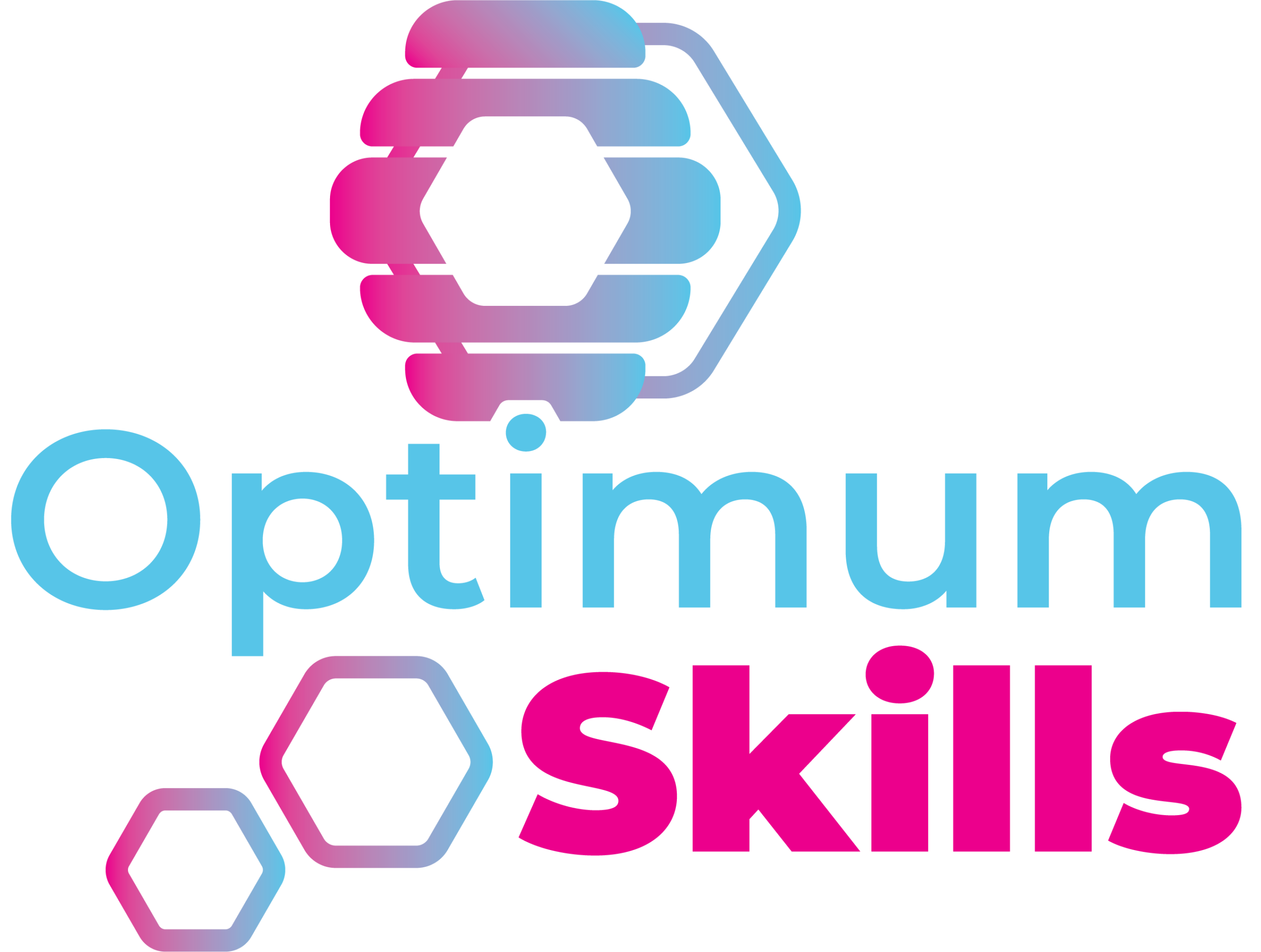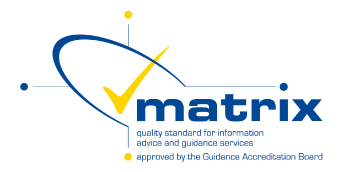Data Analyst Apprenticeship Level 4
Collect, organise and study data to provide business insight.
The Level 4 Data Analyst apprenticeship is ideal for existing staff to undertake that already perform the role and want a qualification or want to upskill within their place of work or for someone new going into that role. This role equips individuals to make data-driven decisions across various sectors to drive the business. The use and management of data is becoming ever more important in modern business. Data science plays a key role in driving competitiveness.
Typically, these learners will evidence the production and delivery of their work to fulfil organisational goals. Working within the companies’ data architecture and making sure that data is handled in a compliant, safe, and suitably secure manner. As it is a L4 qual there should be a good knowledge of maths and English to achieve L2, if not exempt.
Training Programme
Knowledge – to learn and gather evidence on
• Various aspects of data management, including legislation, organisational data security standards, data life cycle, data principles, data structure, user experience, quality risks, customer requirements, data analysis methods, organisational tools, data architecture, statistics, descriptive, predictive, and prescriptive analytics, and ethical aspects of data use and collation.
Skills – to develop, demonstrate and evidence
• Using data systems securely, implementing data analysis lifecycle stages, applying data classification principles, analysing data sets, assessing user experience, identifying quality risks, implementing customer requirements, identifying data sources, applying organisational architecture requirements, applying statistical methodologies, applying predictive analytics, collaborating with stakeholders, using analytical techniques like data mining and modelling, interpreting data, and selecting appropriate data tools for optimum outcomes.
Behaviours – to develop, demonstrate and evidence
• The individual should maintain a productive, professional, and secure work environment, demonstrate initiative, work independently and collaboratively, be logical and analytical, identify issues quickly, and be adaptable to changing contexts within their project or role.






